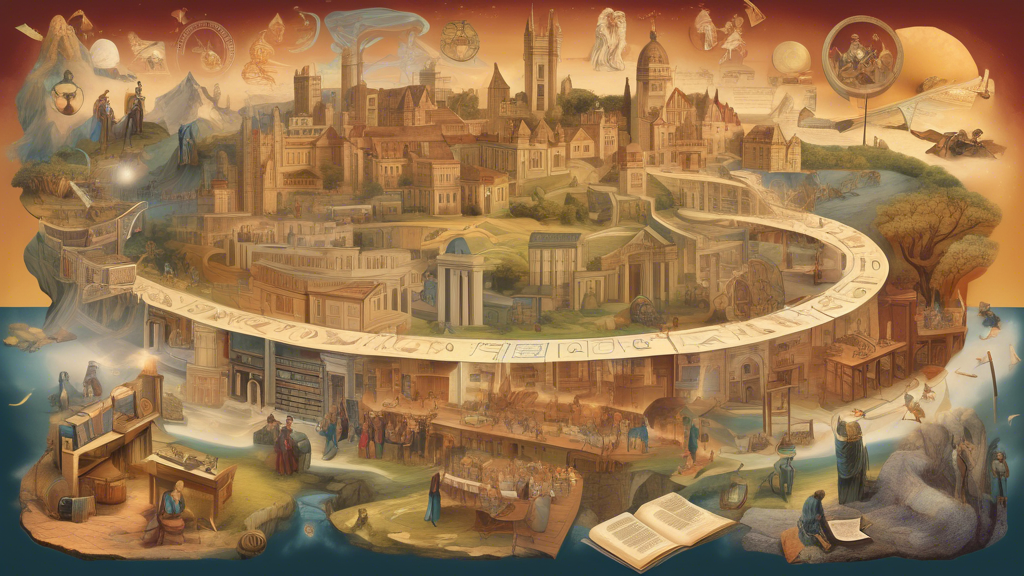
The Evolution of Historical Study
The study of history has transformed significantly over the centuries, evolving in response to societal changes, technological advancements, and shifts in scholarly focus. From traditional narratives of kings and battles to inclusive explorations of marginalized voices, the discipline of history reflects the changing landscape of human understanding. This article examines the key developments in the study of history, its methodology, and its implications for contemporary scholarship.
The Traditional Narrative
For much of the past, historical study was dominated by the great man theory, which focused on prominent figures and their actions. This approach often marginalized the experiences of everyday people, women, and minorities. Historians like Edward Gibbon and Thomas Carlyle framed history through political events and military conquests, creating a Eurocentric perspective that shaped the educational curricula for generations.
The Rise of Social History
The 20th century ushered in a paradigm shift with the emergence of social history, which sought to provide a more comprehensive view of the past. This approach emphasized the experiences of ordinary people and social structures, challenging traditional narratives. Scholars like Eric Hobsbawm and Richard Evans explored themes such as class, race, and gender, revealing the interconnectedness of historical experiences.
Historiography and Methodological Diversity
In recent decades, historiography—the study of historical writing and method—has expanded to include diverse methodologies and interdisciplinary approaches. The rise of cultural history introduced new lenses through which to view the past, incorporating elements from sociology, anthropology, and literary theory. This shift has allowed historians to explore the influence of culture, ideology, and identity, thus enriching the narrative of history.
The Impact of Technology
The digital revolution has profoundly changed the way history is studied and disseminated. Online databases, digital archives, and virtual libraries have made historical resources more accessible than ever before. Historians now utilize data analysis and tools like geographic information systems (GIS) to uncover patterns and relationships in historical data, enhancing research capabilities and community engagement.
Public History and Engagement
The field of public history has emerged as scholars seek to bridge the gap between academia and the broader public. Museums, historical sites, and digital platforms have become venues for presenting historical research in accessible ways. Works such as Francis S. Barry’s *Back Roads and Better Angels: A Journey Into the Heart of American Democracy* exemplify this trend, engaging readers in discussions about democracy, culture, and historical legacy.
Challenges and Critiques
Despite its advancements, contemporary historical study faces challenges, including the politicization of history and debates over representation. Issues such as the removal of Confederate statues and discussions around cancel culture highlight the complexities of interpreting the past in our current context. As scholars navigate these debates, the need for nuance, empathy, and dialogue has become increasingly apparent.
Conclusion
The evolution of historical study reflects broader societal transformations and the quest for a more inclusive and nuanced understanding of the past. As historians continue to grapple with the implications of their work on present-day issues, the discipline remains dynamic and vital. The journey through history is not only about uncovering facts but also about engaging with the narratives that shape our identity and democracy. As we reflect on this evolution, it becomes clear that the study of history is an ongoing journey, one that shapes our understanding of ourselves and our collective future.
